At an early morning training session at the Olympic-standard shooting range in Pune, in Maharashtra state, the facility was abuzz with the idea that India is determined to land the Summer Games in 2036.
“Getting the Olympics, it’s a massive stage. There’s nothing beyond it,” said Shahu Mane, a former World Cup champion in the 10-metre air pistol mixed event.
“The government is trying everything to build up,” said Mane, who is also a former Youth Olympic Games silver medallist. “So it would impact the country and [my] sport in a good way.”
An Indian delegation visited the Lausanne headquarters of the International Olympic Committee (IOC) in July to officially pitch Ahmedabad, the largest city in the western state of Gujarat, as the host city for India’s 2036 bid. A final decision likely won’t be made before late 2027.
Even before the IOC presentation, Indian officials had spent two years quietly working on their charm offensive and pitch.
In 2024, during a high-profile speech to celebrate the country’s independence day, Prime Minister Narendra Modi declared that hosting “the 2036 Olympics on Indian soil” was a key goal for his government, and cited the successful G20 summit the year prior as proof that India could organize any major international event.
But there are significant hurdles to India’s longstanding ambitions, including persistent questions over mismanagement and governance issues within the country’s Olympic Association, as well as low medal counts at previous Games.
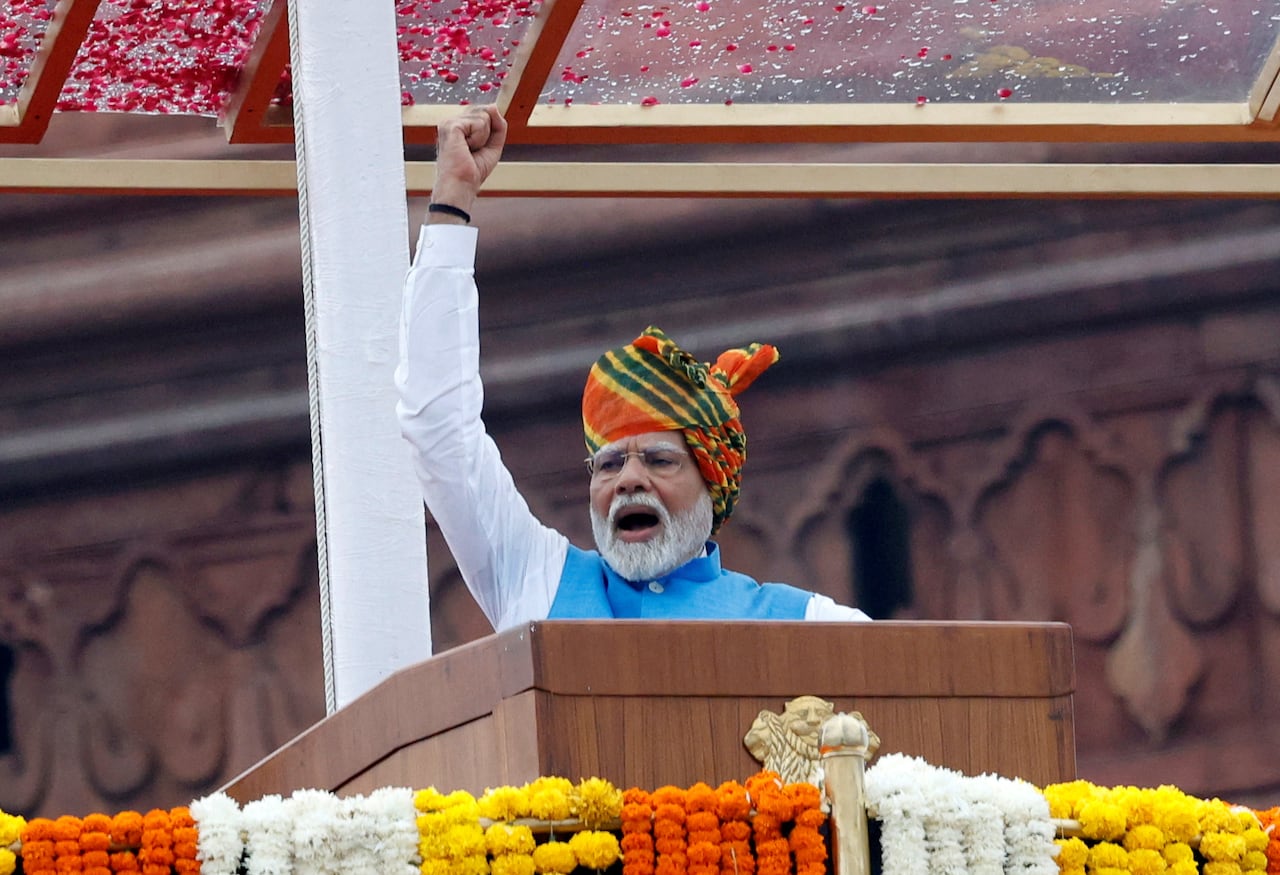
Add to that, India’s doping problems and whether the association has the will or the capacity to clean them up.
The world’s most populous country has never hosted the Olympic Games, although the capital Delhi staged the Commonwealth Games in 2010.
Still, the general consensus among the athletes gathered at Pune’s Gun for Glory Shooting Academy, who were all training with air pistols and rifles in one of the top Olympic disciplines where India excels, is that the South Asian country has a strong shot at landing the prestigious event.
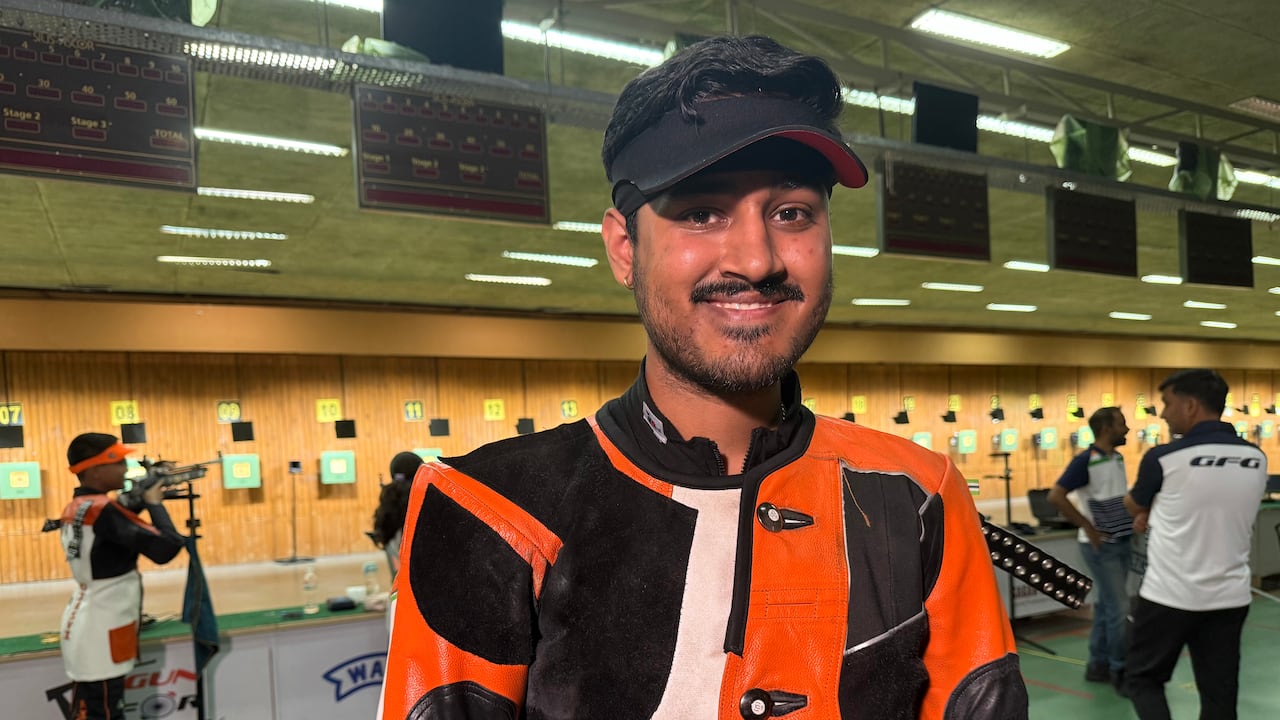
“It will be a proud moment for India,” said Shrisha Patil, 16, who took up shooting two years ago after her mom suggested it might help with her concentration.
The teenager called the idea of having international players come to India for Olympic competitions “really cool.”
Patil, who trains five days a week, said she felt extra motivated when she saw Indian Olympians nab three medals in shooting events at the last Summer Games in Paris, out of a grand total of six podium finishes for India.
Construction boom
On the streets of Ahmedabad, there were sounds of construction everywhere as finishing touches were being made on a newly-inaugurated sports complex in the Naranpura neighbourhood.
Ten major stadiums are planned in the city, part of a series of massive sports infrastructure announcements that India hopes will sway the IOC in the country’s favour, over rival bids from Qatar, Turkey and Chile.
In a sign that India’s Olympic ambitions are serious, the IOC is also expected to add a new Indian sponsor to its list of top-tier partners, which collectively paid almost $740 million US in cash and services in 2023.
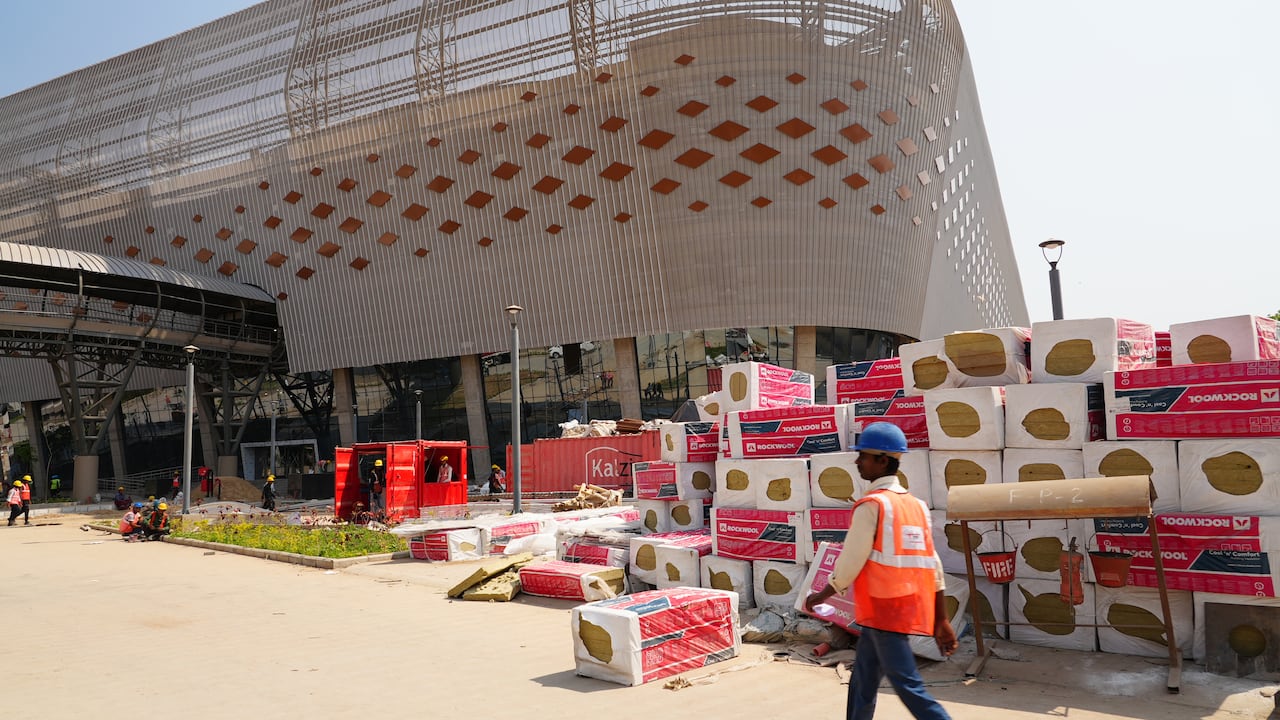
Hosting the Olympics is “a matter of pride,” according to Ahmedabad resident Kalpesh Sompura, 52, who works in marketing.
“India earlier was an underdeveloped country, but now they are taking notice of [us].”
It’s still a developing country, but India now boasts the world’s fastest growing major economy and is projected to overtake Germany in third place before the end of the decade.
In his numerous speeches talking up the benefits of the Games, Modi has also leaned into the idea of sport inspiring national pride, to build up the country’s reputation and spur development.
In one address, he called the goal to land the Olympics “an age-old dream and aspiration” of 1.4 billion Indians.

His government has consistently poured funding into sports programs, with Modi launching “Khelo India,” translated as “Let’s Play India,” in 2018 to identify and support talented young athletes, particularly in rural areas.
In preparation for its Olympic bid, Indian officials recently announced the government is providing 50,000 rupees (around $800 Cdn) of monthly assistance to some 3,000 athletes as part of a push to land in the top five ranking of medal-winning nations by 2036.
That might be a difficult goal to achieve, when India’s athletes finished 71st in the medal table at the 2024 Paris Games, with a meagre six medals — one less than the record seven the country of more than 1.4 billion people has ever won at a single Olympics (at the 2020 Tokyo Games).
Put house in order: IOC
The dismal medal count was one of the concerns the IOC reportedly voiced after India made its bid official, in a “candid” conversation, the Indian Express reported.
IOC officials told the fractious Indian Olympic Association to get its house in order and address bad governance, mismanagement, and high doping rates.
Indian wrestling, in particular, has been consumed by doping scandals, with one wrestler, Narsingh Yadav, banned from competition for four years just a day before his first bout at the 2016 Rio Games, after his claims of sabotage by a rival were dismissed.
Another wrestler Bajrang Punia, who won a bronze medal in Tokyo, was given a four-year ban after he refused to provide a urine sample before the Paris Olympics in 2024.
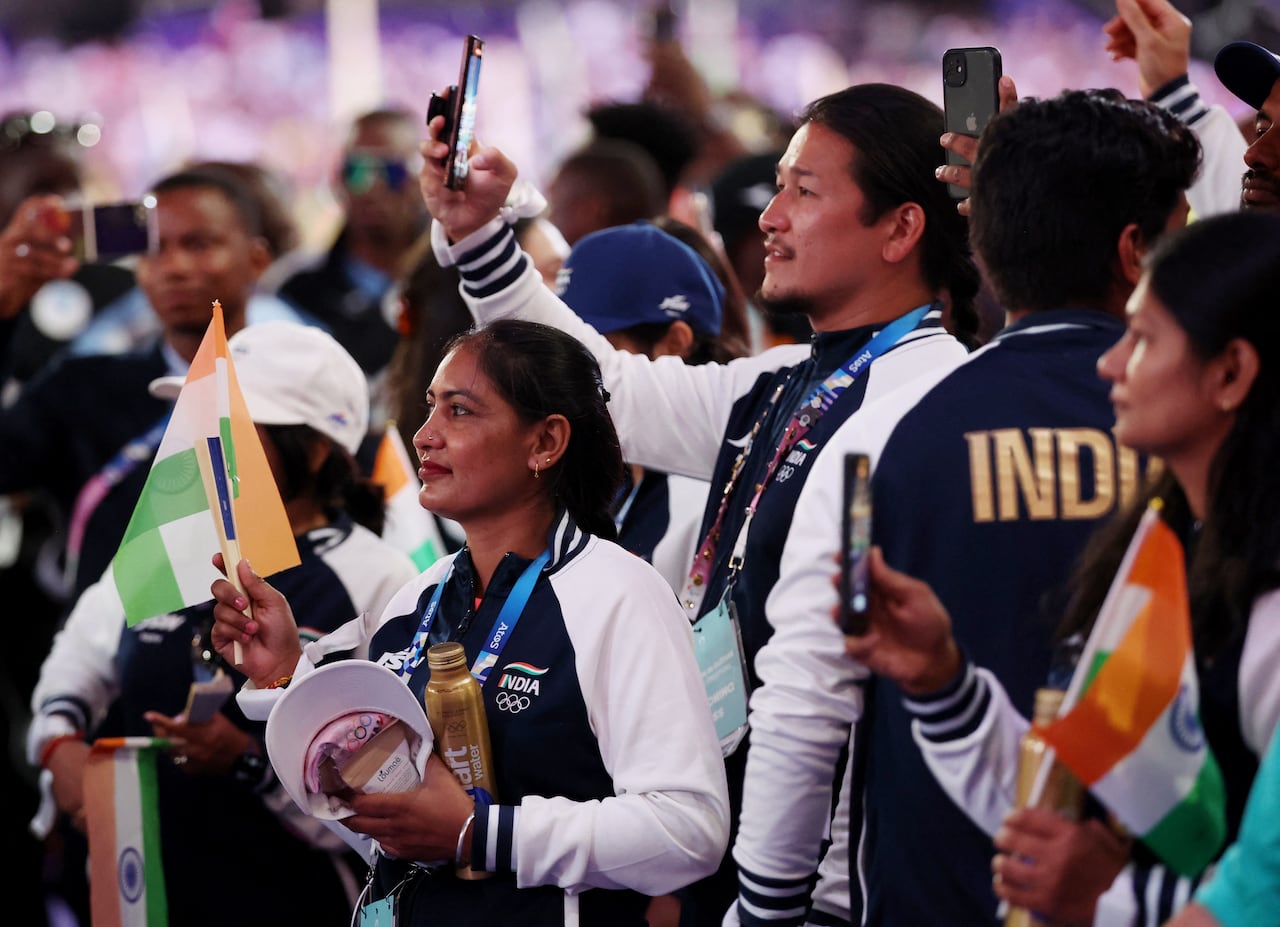
India’s most popular Olympian, javelin thrower Neeraj Chopra, who won a gold in Tokyo followed by a silver at the Paris Games, recently lamented that “doping is a big problem in India.”
According to its latest figures, the World Anti-Doping Agency (WADA) identified India as the country with the highest positivity rate for banned substances in 2023, at 3.8 per cent, out of major sporting nations. The agency has also released data that shows India is the second-worst offender when it comes to doping among minors, behind only Russia.
And yet, in a decision that will be rubber-stamped next month, the South Asian country has just been awarded the 2030 Commonwealth Games, which will take place six years before the Olympics India is gunning for, also in Ahmedabad.
But India’s history with that sporting event is troubled. The 2010 Commonwealth Games in Delhi were shambolic, beset by construction delays, corruption scandals and massive mismanagement.
A footbridge that was under construction collapsed only weeks before the opening ceremony, injuring 27 workers, while several facilities were not ready by the time athletes arrived.
Later, a report from India’s auditor general found widespread financial irregularities and favouritism in awarding inflated contracts that pushed the budget for the Games to some 16 times the original projected cost.
A tough sell for India
India’s ambitious 2036 Olympic bid has signs of the same issues that plague many other hosting proposals over the years, according to Andrew Zimbalist, a professor of economics at Smith College in Northampton, Mass., who has researched the business of the Olympics extensively.
His work has led to several books on whether the economics of hosting the Games works for bidding cities.
His conclusion for Ahmedabad: it’s a tough sell.
“I would start out with a lot of skepticism about it making sense to do it [in Ahmedabad],” he told CBC News.

“If all of the stars align properly and it’s well managed, then it’s the sort of thing that can either be a neutral force or a slightly positive force,” he said, even though politicians tend to push landing the Olympics as all positive. “But the odds are stacked against it,” he said.
The main beneficiaries, according to Zimbalist, will always be construction companies and developers who get awarded billions of dollars worth of contracts, to build venues that often end up sitting empty for years after the Games.
Only two host cities have been able to turn the Olympics into a positive undertaking that furthered development, Zimbalist said: Los Angeles in 1984 and Barcelona in 1992.
Since 2000, it’s all been downhill, and the economist says he doesn’t believe that pattern will change anytime soon.
Olympic dreams
But at the Pune shooting range, the question marks over India’s Olympic bid are still overshadowed by the possible benefits.
“If the Olympics happens in India, it will give big exposure to kids [who have trained hard] and also their parents” who will see the end result of so much hard work, said Shreya Agrawal, 25, a former World Cup champion shooter.
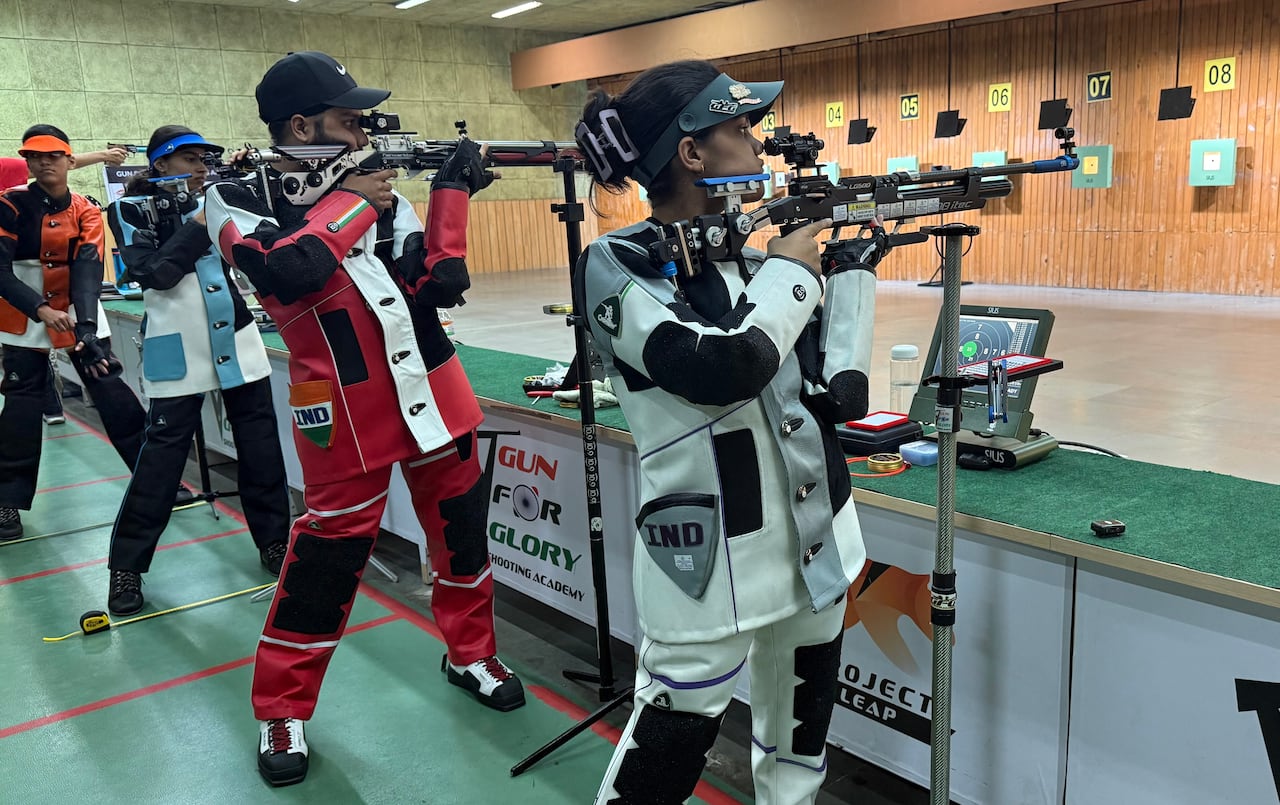
It would also provide a bump for her sport, she told CBC News, and help draw more young athletes to shooting.
Agrawal might be too old to compete in 2036, but even if she can’t do it in front of an Indian crowd, she is dreaming of winning a medal for her country at any Olympics.
“It’s the highest achievement that makes you feel like you are on cloud nine,” she said, especially when competing at home.





